#Charles Mackay
Explore tagged Tumblr posts
Text

Samuel Read (1815–1883) - Under Green Leaves, 1857
illustration for Charles Mackay's poem 'Lullingsworth'
#samuel read#under green leaves#lullingsworth#charles mackay#19th century art#19th century#haunting#haunted houses#victorian gothic#horror art#dark art#art#illustration#engraving
139 notes
·
View notes
Text

A canonical I’m sure tale of St Thomas Aquinas from the chapter on alchemy in Charles Mackay’s Extraordinary Popular Delusions And The Madness Of Crowds
#thomas aquinas#Charles mackay#alchemy#storytime#kinda like Marco Polo a fun book you can get shockingly cheap and just grab a para here and there
17 notes
·
View notes
Text
If I Were a Voice
If I were a voice, a persuasive voice,
That could travel the wide world through,
I would fly on the beams of the morning light,
And speak to men with a gentle might,
And tell them to be true.
I’d fly, I’d fly, o’er land and sea,
Wherever a human heart might be,
Telling a tale, or singing a song,
In praise of the right - in blame of the wrong.
II.
If I were a voice, a consoling voice,
I’d fly on the wings of air,
The homes of Sorrow and Guilt I’d seek,
And calm and truthful words I’d speak
To save them from Despair.
I’d fly, I’d fly, o’er the crowded town,
And drop, like the happy sun-light, down
Into the hearts of suffering men,
And teach them to rejoice again.
III.
If I were a voice, a convincing voice,
I’d travel with the wind,
And whenever I saw the nations torn
By warfare, jealousy, or scorn,
If I were a voice, a convincing voice,
I 'd travel with the wind,
And whenever I saw the nations torn
By warfare, jealousy, or scorn,
Or hatred of their kind,
I’d fly, I’d fly, on the thunder-crash,
And into their blinded bosoms flash;
And, all their evil thoughts subdued,
I’d teach them Christian Brotherhood.
IV.
If I were a voice, a pervading voice,
I’d seek the kings of Earth;
I’d find them alone on their beds at night
And whisper words that should guide them right
Lessons of priceless worth;
I���d fly more swift than the swiftest bird,
And tell them things they never heard
Truths which the ages for aye repeat
Unknown to the statesmen at their feet.
V.
If I were a voice, an immortal voice,
I’d speak in the people’s ear;
And whenever they shouted ‘Liberty,’
Without deserving to be free,
I’d make their error clear.
I’d fly, I’d fly, on the wings of day,
Rebuking wrong on my world-wide way,
And making all the Earth rejoice–
If I were a voice-an immortal voice.
~Charles Mackay~
#Charles Mackay#Charles Mackay poetry#If I Were a Voice#dreams#being a voice#LHA#poetry#poems daily#famous poets#healing#1introvertedsage
1 note
·
View note
Text
Margaret Thatcher's favourite poem: Charles Mackay, 'No Enemies'
You have no enemies, you say? Alas! my friend, the boast is poor; He who has mingled in the fray Of duty, that the brave endure, Must have made foes! If you have none, Small is the work that you have done. You’ve hit no traitor on the hip, You’ve dashed no cup from perjured lip, You’ve never turned the wrong to right, You’ve been a coward in the fight. ***** I’m no fan of the excessive and…

View On WordPress
#Charles Mackay#enemies#favourite poem#FPTP#Margaret Thatcher#proportional representation#Queen Elizabeth II
0 notes
Text
A poem by Charles Mackay as recited by Gillian Anderson on The Crown.
0 notes
Text
20th February
A Summing Up by Charles Mackay
Mackay offers a reflection on days gone by at the end of his life. There is sad resignation in his words, but it ends with a couplet that is both warm and funny.

Sourced: AgingCare website
A Summing Up
I have lived and I have loved;
I have waked and I have slept;
I have sung and I have danced;
I have smiled and I have wept;
I have won and wasted treasure;
I have had my fill of pleasure;
And all of things were weariness,
And some of them were dreariness,
And all these things, but two things,
Were emptiness and pain:
And Love - it was the best of them;
And Sleep - worth all the rest of them.
If we can say a few people loved us and we loved a few of them in return, we can’t say we’ve had a bad life.
0 notes
Note
Great job compiling and comparing them!
I think that the Comics Code Authority was worse if we only take into account how much it affected the industry, i.e. American comics. It basically killed all other genres, left only superheroes floating, and kept the entire medium infantile for a generation. If you're interested in comics as an art form, it's a horrifying result.
But if we widen our view a bit, and take into account their impact on society at large, I think dumbing down the movies was much worse. Movies were indeed in the process of critiquing the establishment, and they were doing it effectively (prison films are my favourite example on this), and then the Hays Code came along and they stopped, and to a large extent public opinion followed. (In comparison, when comics critiqued the establishment before the CCA stifled them, it reached a lot less people, and didn't have enough sway to move public opinion, I think.) That's not only an artistic disaster, it's a devastating result even if you don't give a shit about art!
I also want to comment on this from the Hays Code:
Theft, robbery, safe-cracking, and dynamiting of trains, mines, buildings, et cetera (having in mind the effect which a too-detailed description of these may have upon the moron); (I guess the idea was that the MPPDA believed very strongly in the idea that media could affect people's behavior through imitation, but the use of the word "moron" gives me eugenics vibes.)
So the vibe here is a pattern that predates cinema, and first appears with respectable people complaining about the theatre (back when theatre was for the masses, and not considered highbrow like now), and opining that books MAY depict crime or immoral acts, because by definition they address educated people, ergo smart people. Whereas plays should NOT, because they address the base unwashed masses, poor uneducated people who are not equipped to engage critically with the material, and might get ideas in their head! And start doing crime and immoral acts!
“In the penny theatres that abound in the poor and populous districts of London, and which are chiefly frequented by striplings of idle and dissolute habits, tales of thieves and murderers are more admired, and draw more crowded audiences, than any other species of representation. There the footpad, the burglar, and the highwayman are portrayed in unnatural colours, and give pleasant lessons in crime to their delighted listeners. There the deepest tragedy and the broadest farce are represented in the career of the murderer and the thief, and are applauded in proportion to their depth and their breadth. There, whenever a crime of unusual atrocity is committed, it is brought out afresh, with all its disgusting incidents copied from the life, for the amusement of those who will one day become its imitators. With the mere reader the case is widely different; and most people have a partiality for knowing the adventures of noted rogues. Even in fiction they are delightful: witness the eventful story of Gil Blas de Santillane, and of that great rascal Don Guzman d'Alfarache. Here there is no fear of imitation. Poets, too, without doing mischief, may sing of such heroes when they please, wakening our sympathies for the sad fate of Gilderoy, or Macpherson the Dauntless; or celebrating in undying verse the wrongs and the revenge of the great thief of Scotland, Rob Roy.” — Charles Mackay, Memoirs of Exrtaordinary Popular Delusions (London, 1841), from the chapter “Popular admiration of great thieves”
This exact rationale will reappear in 1915 in an American Supreme Court decision (since overturned), which decreed that Freedom of Speech does not apply to movies (or apparently "the theatre, the circus, and all other shows and spectacles"), but only to the press:
[Films] may be used for evil ... the audiences they assemble, not of women alone nor of men alone, but together, not of adults only, but of children, make them the more insidious in corruption... a prurient interest may be excited and appealed to.
See, books and newspapers are read by learned men, but anyone can watch a movie, and we must protect these poor impressionable souls from evil! With such a mentality, I think it's glaringly obvious who are the learned ones (white + well-off + men) and who are not (everyone else).

I think the Hays Code uses the word "moron" in the sense of a dated psychology term, it basically meant "of abnormally low IQ". At the time, psychology and criminology were…. bad. Slightly less absurd than Lombroso's heyday (which wasn't that far back!), but still, very bad. So this is 100% eugenics, and a pseudo-scientific new take on an old unfounded prejudice.
…An unfounded prejudice that somehow STILL has hold, today, in the 21st century. What the fuck is up with that? No, engaging with fiction about bad things won't make you do bad things, how many times must we debunk this shit, good grief.
Was the Comics Code as bad as the Hays Code?
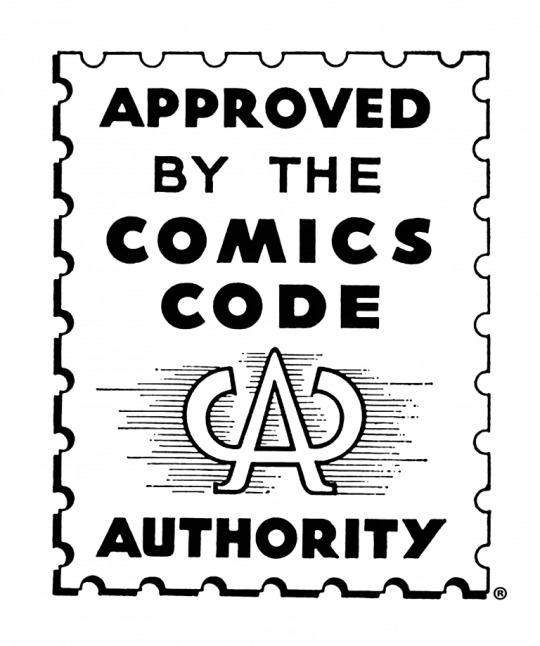
That's a really good question!
I suppose it depends on what you mean by "as bad" - are we talking about the overall impact of the Code on American pop culture or are we talking about the actual content of the Code and what it banned and/or mandated in terms of artistic expression?
I've written a little bit about the Hays Code here, but my main focus was on subtextual judaism in Hollywood generally rather than what the Code was and what its impact on American cinema was.
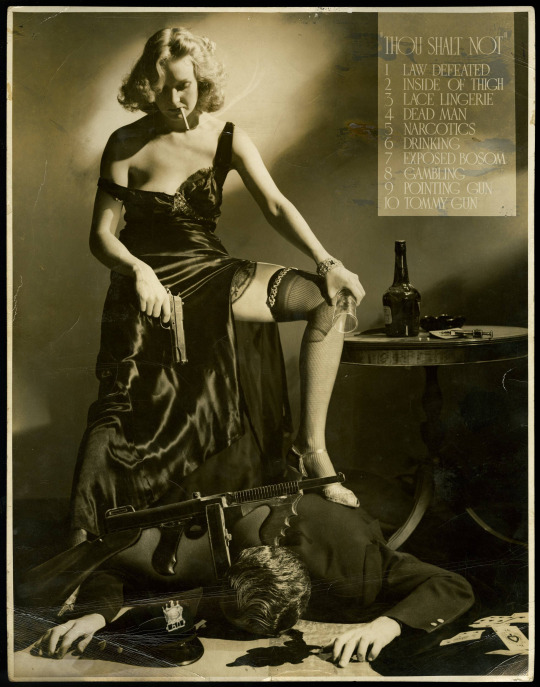
So what did the Hays Code actually include?
One of the few positive things you can say about it is that the men who devised it were quite clear and forthright about what would and wouldn't be allowed, in comparison to the vagueness and inconsistency of the modern MPAA. So here's the list of what couldn't be shown:
Pointed profanity—by either title or lip—this includes the words God, Lord, Jesus, Christ (unless they be used reverently in connection with proper religious ceremonies), Hell, S.O.B., damn, Gawd, and every other profane and vulgar expression however it may be spelled; (You'll notice that the Code is very much a snapshot of the transition from silent movies to "talkies," with the discussion of how profanity is spelled as well as produced via "lip.")
Any licentious or suggestive nudity—in fact or in silhouette; and any lecherous or licentious notice thereof by other characters in the picture;
The illegal traffic in drugs;
Any inference of sex perversion; (i.e anything having to do with LGBT+ people and culture. For more on the impact of the Hays Code on the LGBT+ community, see the excellent documentary the Celluloid Closet.)
White slavery; (the 1920s version of sex trafficking, but with added racism!)
Miscegenation;
Sex hygiene and venereal diseases;
Scenes of actual childbirth—in fact or in silhouette;
Children's sex organs;
Ridicule of the clergy;
Willful offense to any nation, race or creed; and (this one was really honored in the breach more than the observance when it came to nations, races, and creeds of non-dominant groups in society.)
The following things could be shown, but "special care be exercised in the manner in which the following subjects are treated, to the end that vulgarity and suggestiveness may be eliminated and that good taste may be emphasized:"
The use of the Flag;
International Relations (avoid picturizing in an unfavorable light another country's religion, history, institutions, prominent people and citizenry); (again, depended a lot on what country you're talking about.)
Arson;
The use of firearms;
Theft, robbery, safe-cracking, and dynamiting of trains, mines, buildings, et cetera (having in mind the effect which a too-detailed description of these may have upon the moron); (I guess the idea was that the MPPDA believed very strongly in the idea that media could affect people's behavior through imitation, but the use of the word "moron" gives me eugenics vibes.)
Brutality and possible gruesomeness;
Technique of committing murder by whatever method;
Methods of smuggling;
Third-Degree methods; (i.e, torture)
Actual hangings or electrocutions as legal punishment for crime; Sympathy for criminals; (this was a big one; Hollywood had done very well from gangster films, so a lot of creators had to do some careful threading of the needle to keep the genre alive. One dodge that they came up with was that they would have a duplicate "final reel" in which the gangster would have their inevitable comeuppance, and then remove the final reel when the censors had left the theater. Very popular with white rural teens.) Attitude toward public characters and institutions; (again, Hollywood shifting from being anti- to pro-establishment.)
Sedition;
Apparent cruelty to children and animals;
Branding of people or animals;
The sale of women, or of a woman selling her virtue;
Rape or attempted rape;
First-night scenes; (i.e, wedding nights)
Man and woman in bed together; (hence the eventual TV practice of showing married couples in separate beds in the 50s)
Deliberate seduction of girls;
The institution of marriage;
Surgical operations;
The use of drugs;
Titles or scenes having to do with law enforcement or law-enforcing officers;
Excessive or lustful kissing, particularly when one character or the other is a "heavy".
So in general, we can say that the Hays Code was extremely sex-negative, very concerned about crime and anti-establishment thinking, sexist, racist, and homophobic, and in general afraid of offending anybody.
So what about the Comics Code Authority?
So this is what the Comics Code looked like in 1954:
Crimes shall never be presented in such a way as to create sympathy for the criminal, to promote distrust of the forces of law and justice, or to inspire others with a desire to imitate criminals. If crime is depicted it shall be as a sordid and unpleasant activity.
Policemen, judges, government officials, and respected institutions shall never be presented in such a way as to create disrespect for established authority.
Criminals shall not be presented so as to be rendered glamorous or to occupy a position which creates a desire for emulation. In every instance good shall triumph over evil and the criminal punished for his misdeeds.
Scenes of excessive violence shall be prohibited. Scenes of brutal torture, excessive and unnecessary knife and gunplay, physical agony, the gory and gruesome crime shall be eliminated.
No comic magazine shall use the words "horror" or "terror" in its title.
All scenes of horror, excessive bloodshed, gory or gruesome crimes, depravity, lust, sadism, masochism shall not be permitted.
All lurid, unsavory, gruesome illustrations shall be eliminated. Inclusion of stories dealing with evil shall be used or shall be published only where the intent is to illustrate a moral issue and in no case shall evil be presented alluringly, nor so as to injure the sensibilities of the reader.
Scenes dealing with, or instruments associated with walking dead, torture, vampires and vampirism, ghouls, cannibalism, and werewolfism are prohibited.
Profanity, obscenity, smut, vulgarity, or words or symbols which have acquired undesirable meanings are forbidden.
Nudity in any form is prohibited, as is indecent or undue exposure. Suggestive and salacious illustration or suggestive posture is unacceptable.
Females shall be drawn realistically without exaggeration of any physical qualities.
Illicit sex relations are neither to be hinted at nor portrayed. Rape scenes, as well as sexual abnormalities, are unacceptable.
Seduction and rape shall never be shown or suggested.
Sex perversion or any inference to same is strictly forbidden.
Nudity with meretricious purpose and salacious postures shall not be permitted in the advertising of any product; clothed figures shall never be presented in such a way as to be offensive or contrary to good taste or morals.[16]
You'll notice the similarities when it comes to the Codes' attitude to sex, sexuality, crime, and symbols of authority - so to answer the first part of your question, I would say the CCA was pretty similar to the Hays Code (in part because Charles F. Murphy, who drew it up, was deeply unoriginal and basically cribbed off the Hays Code throughout).
However, there are also some significant areas of difference that have a lot to do with the unique circumstances of the 1950s moral panic over comics. See, in the 1950s, superhero comics were considered deeply uncool and old hat - they had been huge in the 40s during the war, but by the 50s the biggest genre in comics were horror, crime, and romance comics (with cowboy comics bringing up the rear). To quote myself from another post:
"This gave rise to a moral panic in the 1950s, although more accurately it was part of the larger moral panic over juvenile delinquency. The U.S Senate established a Juvenile Delinquency Subcommittee of the Judiciary Committee in 1953 to investigate the causes of juvenile delinquency and comics became a major target. While Wertham’s book is best known today for its assertions that Batman and Robin were teaching young boys to be gay and Wonder Woman was teaching young girls to be lesbians, the main focus of the Subcommittee [edit mine: and Wertham's academic work] was on horror and crime comics for their depiction of sex, violence, and “subversive” attitudes to law and order."
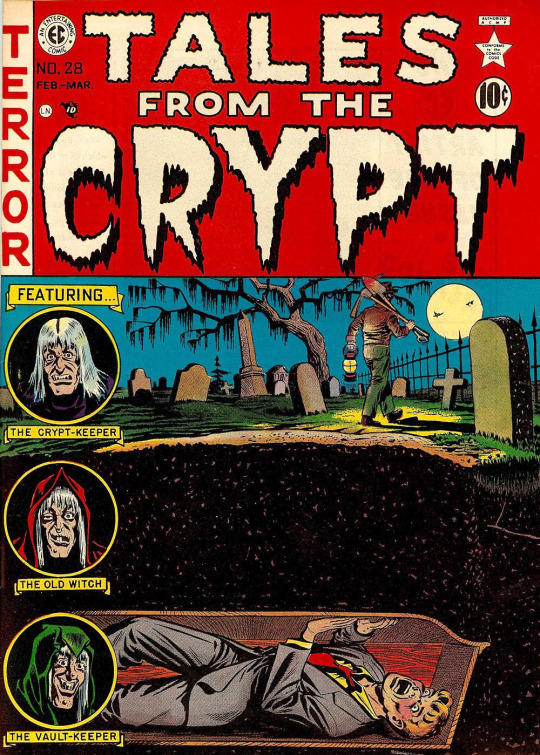
The CCA made it impossible to publish two of the most popular genres in the industry for a generation (the CCA relaxed its stance on horror stuff a bit in the 70s, which is why Marvel trend-chased werewolves and vampires the moment they could get away with it), which not only scrambled the medium (and potentially created space for the Silver Age of superhero comics to flourish) but drove the former titan EC Comics practically out of business. (Indeed, William Gaines of EC Comics believed that the CCA had been specifically worded to drive him out of business.)
So in some ways, the CCA was worse.
#trs#comics#film#hays code#rogues in fiction#theory#information wants to be free#comics code authority#art#analysis#Charles Mackay
207 notes
·
View notes
Text
happy fog of war friday




#i thought about doing one for 'time is the enemy tuesday(?)' but it isn't as funny imo#1917#1917 (2019)#1917 film#1917 movie#william schofield#will schofield#thomas blake#tom blake#lance corporal schofield#lance corporal blake#blakefield#lieutenant leslie#george mackay#dean charles chapman#andrew scott
430 notes
·
View notes
Text








𝐶𝑜𝑚𝑒 𝐵𝑎𝑐𝑘 𝑇𝑜 𝑈𝑠
#history#ww1#1917#1917 movie#1917 film#george mackay#dean charles chapman#movies#world war 1#world war one
99 notes
·
View notes
Text


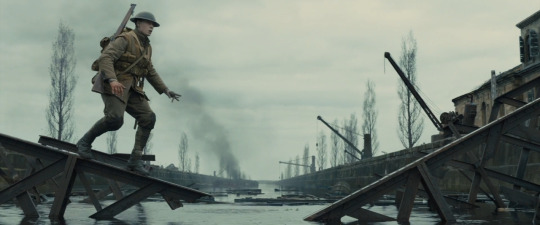

april 6th, 1917
#1917#1917 movie#happy 1917 day to those who celebrate#1917 (2019)#george mackay#dean charles chapman#miss them#this movie still means everything to me#1917 invented cinema
169 notes
·
View notes
Text
"In a sieve they went to sea".
some of my favourite screen caps from my recent rewatch of 1917
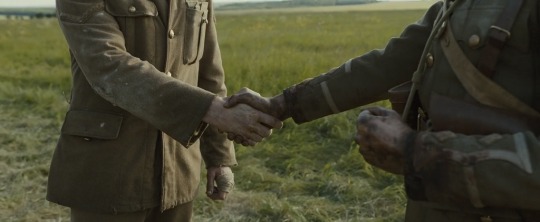




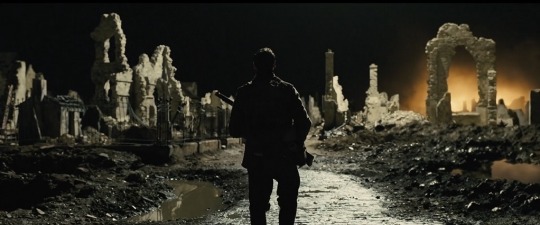

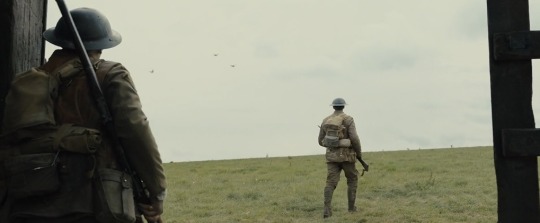
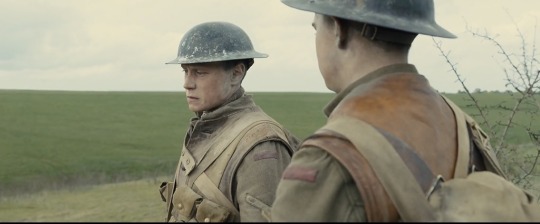

#movies#1917 movie#lance corporal schofield#lance corporal blake#dean charles chapman#george mackay#1917 spoilers#screen caps
112 notes
·
View notes
Text
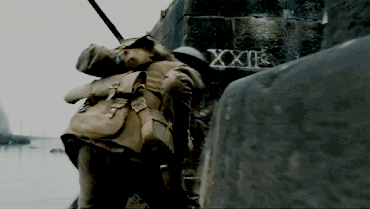
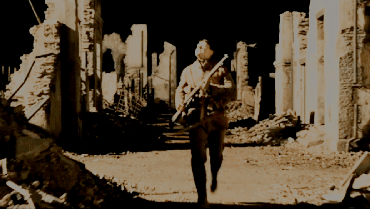

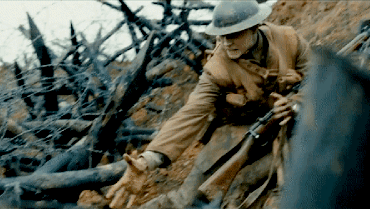
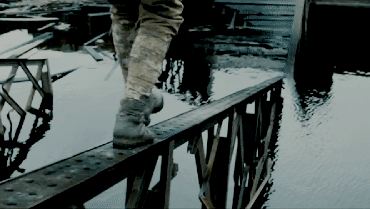


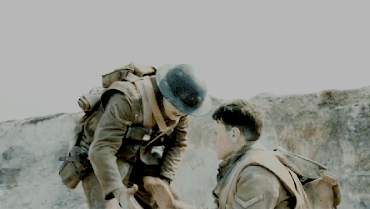
Frightening, soulful, and incredibly moving // today is four years since I first watched 1917
#1917#1917edit#perioddramaedit#periodedit#george mackay#dean charles chapman#sam mendes#cinemapix#cinematv#perioddramasource#onlyperioddramas#weloveperioddrama#filmedit#filmgifs#dailyflicks#my edit#*1917edt#i left a theater that day a completely different person
121 notes
·
View notes
Text

Charles Mackay, Extraordinary Popular Delusions And The Madness Of The Crowds
5 notes
·
View notes
Text
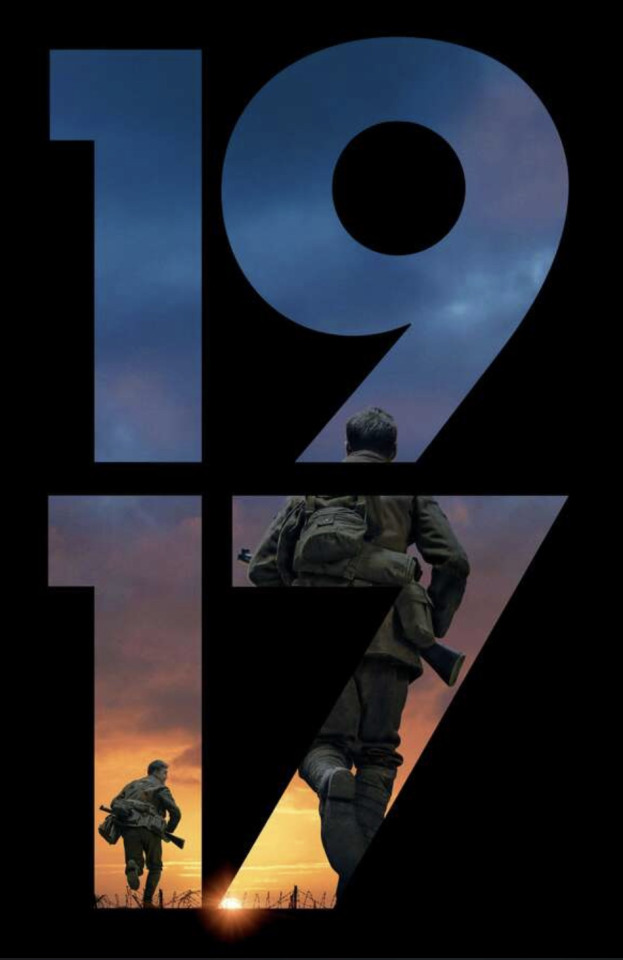
#movies#polls#1917#1917 (2019)#1917 movie#2010s movies#sam mendes#george mackay#dean charles chapman#mark strong#have you seen this movie poll
153 notes
·
View notes
Text
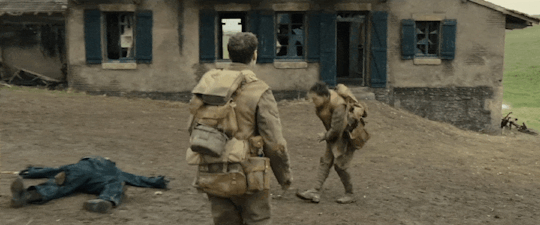




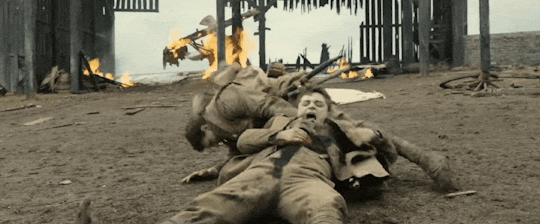


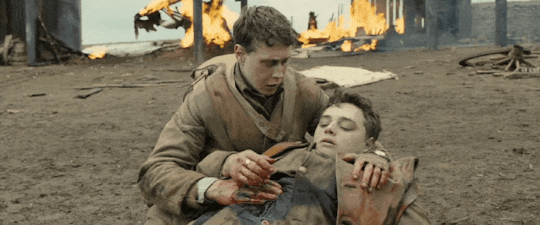
1917 (2019)
#1917#1917 movie#william schofield#thomas blake#george mackay#dean charles chapman#whump#whump gifs#shot#bleeding out#blood#comfort#worry#character death#ltwb1917
99 notes
·
View notes
Text
Flash warning
Kind of sad this duo never saw the light of day again after 2020
#my edit#1917#1917 (2019)#ish#its the actors#george mackay#dean charles chapman#william schofield#tom blake
45 notes
·
View notes